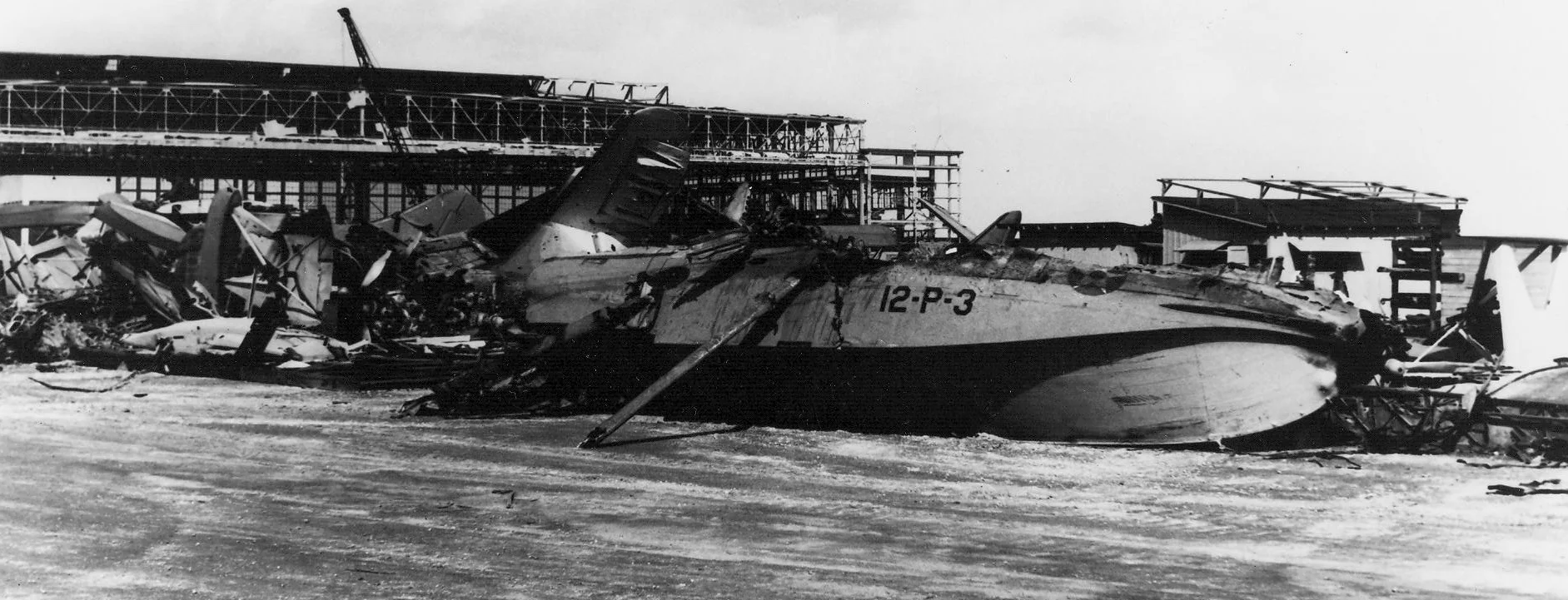In this era of continuous conflict and constrained resources, Army Total Force Policy presents as a viable solution to meet the challenges posed to the Active Component and National Guard. Although work remains to create an actionable strategy for implementation, acknowledging the uniqueness in the two organizations is a starting point.
#Reviewing The Lost Mandate of Heaven: The American Betrayal of Ngo Dinh Diem, President of Vietnam
The Lost Mandate of Heaven: The American Betrayal of Ngo Dinh Diem, President of Vietnam is a must read for policy-makers, and is extremely worthwhile for the military and other governmental agencies. It contains lessons that may assist in stopping a conflict before it starts, or to help manage it once conflict has begun.
Maximizing the Lethality of Armored Forces
#Monday Musings: Olivia Garard
#Reflections on Leadership: Uncertainty & Tomorrow’s Military Leader
The United States military faces uncertainty on several fronts in the upcoming years. How deep will we get into Syria? Will deployments to Iraq surge to former levels? Will the U.S. ever complete the mission in Afghanistan? In what ways will Russian aggression and Chinese expansionism shape training? How significant a role will cyber warfare play in future conflicts? American military leaders, especially junior leaders, must be prepared to confront these uncertainties; to do so, below are three broad areas critical to military leadership of the future.
Dark Matter, Fisheries, and Non-Governmental Organizations
As demonstrated by many contemporary cases - science fiction can become reality. In the Canadian television series Dark Matter, both governments and corporations own warships. They also employ mercenaries in a never-ending quest for strategic resources and advantages over their competitors. During the first season, corporate-funded gangs and other proxy combatants battle one another, while state-on-state conflict is simply non-existent or omitted. This concept is not confined to the imagination of science fiction writers; for the past decade, maritime non-governmental organizations, private maritime security companies and fishing corporations have engaged one another on the high seas. The South China Sea is ripe for a clash not of civilizations, but of fishing fleets and other state-sponsored surrogates.
Micromanaging the Micromanagers? Congressionally-driven National Security Council Reform
As Congress marches toward major defense reforms in the 2017 National Defense Authorization Act, one area receiving increasing attention is the National Security Council (NSC). The narrative surrounding President Obama’s NSC has been shaped by biting criticisms of micromanagement in the operations of the Departments of Defense and State and indecision on major national security issues. As some have noted, the NSC has long been the preferred punching bag for foreign policy spectators over the last half century. However, the chorus of criticism has seemed to peak more recently, manifesting in proposed legislation.
#Reviewing Occupied
Climate change caused by human activity is settled science. Implications for the future of public health, the economy, and the global order of states are recognized as a real concern around the world. The European Union is strong, but NATO is not. Mid-East turmoil has compromised oil production there. The United States global hegemony is over. Complete energy independence from the rest of the world has resulted in an isolationist stance wherein the US has withdrawn from NATO as well as her other international obligations. The US remains a seeming world power with respectable military and diplomatic influence, but only grudgingly and apparently by force of reputational versus relational power. This is the scene, but not the story, and the focus is not America.
Risk Articulation and Options in War: Telling a Story
In the end, providing an explicit and tangible articulation of risk allows military leaders to best inform strategy development and execution. This not only ensures better alignment of ends, ways, and means that will maximize the probability of accomplishing the desired policy objectives, it also ensures that national blood and treasure will not be needlessly spent through poorly developed strategy.
#Monday Musings: Mick Cook
Character is Crumbling in Our #Leadership
Lessons learned through life’s experiences, as well as the awareness and attentiveness to your surroundings, should always provide you the sense of direction necessary to make the right decision. You must have courage, faith and confidence that your moral compass will point you in the right direction; the path toward the intersection of character and integrity. If your ultimate destination is success and victory, follow your moral compass.The trailhead to success was clearly identified early in our lives and careers. Ultimately, it became our responsibility to continue to travel along a wholesome path. But, at some point in our lives, we find ourselves at the intersection of human-nature and temptation, faced with the challenge to make the right decision. When this happens to you, which way will you go? Will your moral compass point you in the right direction? Is the foundation of your character strong enough to stand firm? Or, will your character crumble to the ground? What will your leadership legacy be?
Engaging China and India: A Conversation With Anja Manuel
It would be better if American leaders adopted toward both China and India the same perspective the 19th-century British held toward the upstart Americans. Be patient when China and India act impetuously, as most newly rising powers do. Be clear about where the lines are and enforce them consistently. And finally, practice cooperating wherever we can.
#Reviewing Mission Creep
[T]he authors deftly present an even-handed view where the Defense Department has expanded into new missions and encroached on the turf of other agencies, but has not done so alone. They contend the increasing militarization of foreign policy was not an overnight change beginning with the George W. Bush administration after 9/11 and accelerated under President Obama. Instead, they describe a consistent and long term process with Congress, the United States Agency for International Development, the Department of State, and other parts of the Executive, all helping in their own unique institutional ways, to facilitate this shift and pull greater power to the Pentagon.
#Monday Musings: Kevin Benson
Reflections on Mentoring and #Leadership
The U.S. Armed Forces are in for lean times ahead. Budget cuts, continuing operational demands, and ongoing attempts to re-learn the core competencies of conventional warfare will all come together to make resources scarce. Unit-level leader development efforts will have to function with minimal outside resources and assistance; even the minimal assistance higher echelons provided in the past is likely to look luxurious by comparison. At the same time, we should view this period as an opportunity to re-embrace some skills we’ve allowed to atrophy - or at least lay fallow - over the last decade of intense operational activity. The deliberate practice of professional mentoring is one of these skills that, if thoughtfully applied, can pay great dividends for military leaders in the immediate future.
2026: Operation Iranian Freedom
We all knew this would happen. When the U.S. and Iran signed the nuclear deal in 2015, some thought it was just delaying the inevitable. I remember one of my professors at MIT comparing the deal to the Peace of Nicias during the Peloponnesian Wars. I guess he was right, just as with Athens and Sparta, the U.S.- Iran nuclear deal was a false peace.
Frictions of Contemporary Warfare: What's In It For Ground Forces?
#Reviewing No One Avoided Danger
"Train Like You Fight" and the Command Post Exercise
While the U.S. military has dedicated acres of terrain and entire units of opposing forces to ensure a realistic experience for training units for combat, such emphasis on realism is not provided for operational command post exercises. For a headquarters that may need to conduct humanitarian assistance, disaster relief, forced entry, or any other crisis response, the prospect of a command post exercise is usually accompanied with complaints of weak scenarios, shallow exercises, and an environment which fails to adapt to the training audience or account for blue force decisions. The military has essentially sent its highest levels of command out to the field to fight pop-up targets on timers when they need to be challenged and tested by a living, thinking opponent within an adaptive environment.





















